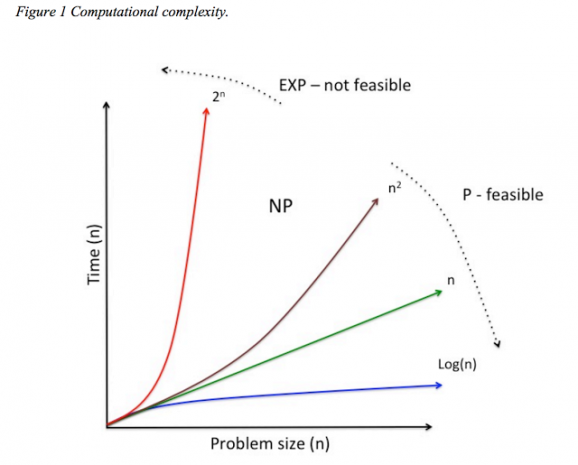
Breaking News
 Interview 1996 - The Fraud 1000x BIGGER Than Somali Day Care (NWNW #614)
Interview 1996 - The Fraud 1000x BIGGER Than Somali Day Care (NWNW #614)
 1 Min Ago: MORGAN STANLEY MEMO LEAKED Exit All Silver Positions Before Month End
1 Min Ago: MORGAN STANLEY MEMO LEAKED Exit All Silver Positions Before Month End
 Silver Price Collapse Begins Friday? - $14 Billion In Gold & Silver Sales Incoming
Silver Price Collapse Begins Friday? - $14 Billion In Gold & Silver Sales Incoming
 Freshman Rep goes full BEAST MODE during questioning over Somali scam…
Freshman Rep goes full BEAST MODE during questioning over Somali scam…
Top Tech News
 Kawasaki's four-legged robot-horse vehicle is going into production
Kawasaki's four-legged robot-horse vehicle is going into production
 The First Production All-Solid-State Battery Is Here, And It Promises 5-Minute Charging
The First Production All-Solid-State Battery Is Here, And It Promises 5-Minute Charging
 See inside the tech-topia cities billionaires are betting big on developing...
See inside the tech-topia cities billionaires are betting big on developing...
 Storage doesn't get much cheaper than this
Storage doesn't get much cheaper than this
 Laser weapons go mobile on US Army small vehicles
Laser weapons go mobile on US Army small vehicles
 EngineAI T800: Born to Disrupt! #EngineAI #robotics #newtechnology #newproduct
EngineAI T800: Born to Disrupt! #EngineAI #robotics #newtechnology #newproduct
 This Silicon Anode Breakthrough Could Mark A Turning Point For EV Batteries [Update]
This Silicon Anode Breakthrough Could Mark A Turning Point For EV Batteries [Update]
 Travel gadget promises to dry and iron your clothes – totally hands-free
Travel gadget promises to dry and iron your clothes – totally hands-free
 Perfect Aircrete, Kitchen Ingredients.
Perfect Aircrete, Kitchen Ingredients.
 Futuristic pixel-raising display lets you feel what's onscreen
Futuristic pixel-raising display lets you feel what's onscreen
Computing exponentially faster using DNA

Professor Ross D King and his team have demonstrated for the first time the feasibility of engineering a nondeterministic universal Turing machine (NUTM), and their research is to be published in the prestigious Journal of the Royal Society Interface.
* A major motivation for this work is to engineer a general-purpose way of controlling cells
The theoretical properties of such a computing machine, including its exponential boost in speed over electronic and quantum computers, have been well understood for many years – but the Manchester breakthrough demonstrates that it is actually possible to physically create a NUTM using DNA molecules.
"Imagine a computer is searching a maze and comes to a choice point, one path leading left, the other right," explained Professor King, from Manchester's School of Computer Science. "Electronic computers need to choose which path to follow first.
"But our new computer doesn't need to choose, for it can replicate itself and follow both paths at the same time, thus finding the answer faster.



